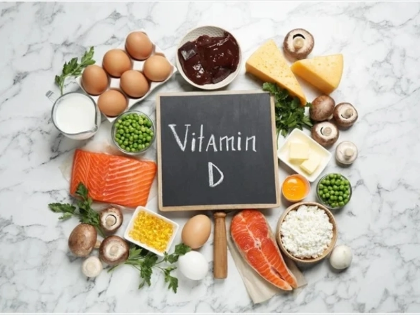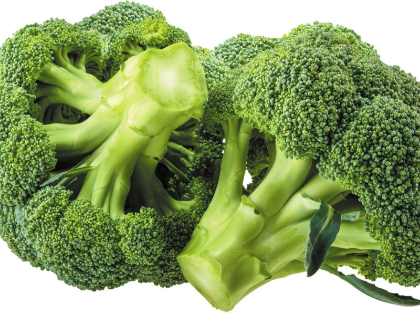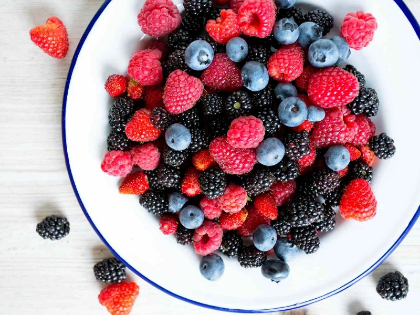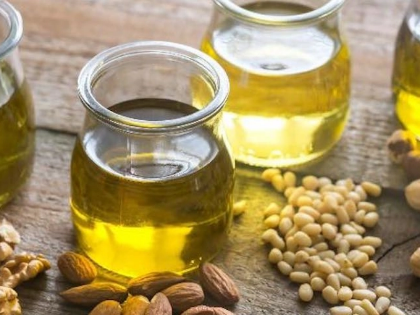Vitamin C and Exercise: Supporting Endurance and Recovery
Understanding Vitamin C's Importance
Vitamin C, or ascorbic acid, plays a crucial role in numerous bodily functions, extending far beyond its well-known immune-boosting properties. For athletes and fitness enthusiasts pursuing enhanced endurance and faster recovery, understanding vitamin C's role becomes essential. This powerful antioxidant helps combat exercise-induced oxidative stress, ultimately contributing to improved athletic performance.
Antioxidant Properties in Exercise
Exercise, particularly at high intensities, generates free radicals in the body, leading to oxidative stress. This condition can damage cells and tissues, impacting performance and recovery. Vitamin C, along with other antioxidants, helps neutralize these free radicals, protecting the body from oxidative damage. By incorporating adequate vitamin C, athletes can help offset some of the negative effects of intense exercise and promote better overall health.
Endurance Enhancement
Research suggests that proper vitamin C intake may improve endurance performance. Studies have shown that athletes with sufficient vitamin C levels experience better stamina and cardiovascular performance. This effect is particularly beneficial for endurance athletes like runners and cyclists who rely on sustained energy levels over extended periods.

Recovery and Muscle Health
Recovery is essential in any training program, as muscles need time to repair and grow after exercise. Vitamin C plays a vital role in collagen synthesis, which is crucial for repairing ligaments, tendons, and connective tissues. Its anti-inflammatory properties also help reduce recovery times and alleviate muscle soreness.
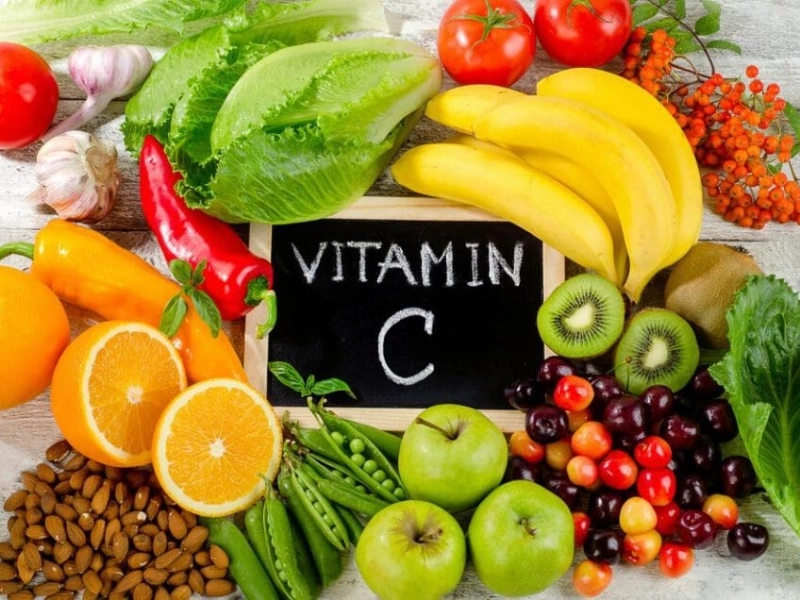
Natural Sources of Vitamin C
Vitamin C is abundant in many fruits and vegetables, making it easy to incorporate into the diet. Citrus fruits, strawberries, kiwi, bell peppers, and broccoli are excellent sources of this vital nutrient. Athletes should focus on maintaining a balanced diet with various these foods to ensure adequate vitamin C levels for their training and recovery needs.
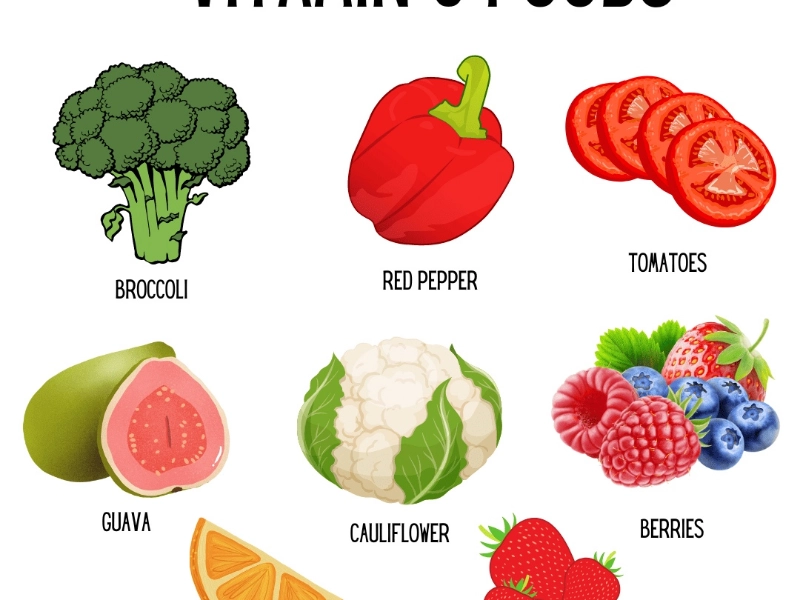
Immune System Support
Intense training can sometimes lead to temporary immune system suppression, making athletes more susceptible to illness. Vitamin C is essential for maintaining a robust immune system and helps protect against infections and illnesses that could interrupt training schedules. By maintaining immune health, vitamin C helps athletes keep their training plans consistent, enhancing performance and endurance.
Recommended Daily Intake
The recommended dietary allowance (RDA) for vitamin C varies by age and gender, but generally aims for 65-90 milligrams daily. Athletes, especially those engaged in intense exercise, may benefit from higher intakes, potentially ranging from 500-1000 milligrams daily. However, it's important to consult healthcare providers before significantly increasing vitamin C intake, particularly through supplementation.
Potential Risks of Excessive Intake
While vitamin C is generally safe and well-tolerated, excessive intake can lead to side effects such as diarrhea and stomach discomfort. Athletes must strike a balance between supporting their performance and avoiding excessive amounts. Focusing on obtaining vitamin C from whole foods rather than supplements is typically the safest way to meet dietary requirements.
Integration into Training Programs
Athletes should consider timing their vitamin C consumption to maximize its effects around their training sessions. Consuming vitamin C-rich meals or supplements both before and after exercise can aid recovery and enhance endurance. Additionally, maintaining consistent vitamin C intake throughout the week ensures the body has a steady supply of this essential nutrient for optimal function.
Summary of Benefits for Athletes
Vitamin C proves to be an invaluable ally for athletes seeking to enhance endurance and recovery. Its antioxidant properties help combat oxidative stress, while its contributions to immune function and collagen production further enhance athletic performance. By incorporating vitamin C-rich foods into their diets and maintaining adequate intake, athletes can support their training efforts, recover more effectively, and ultimately achieve their fitness goals.

